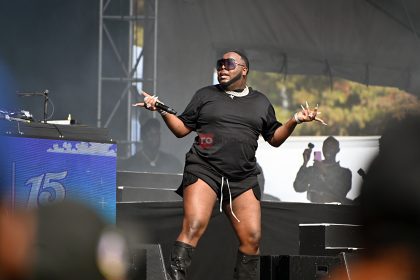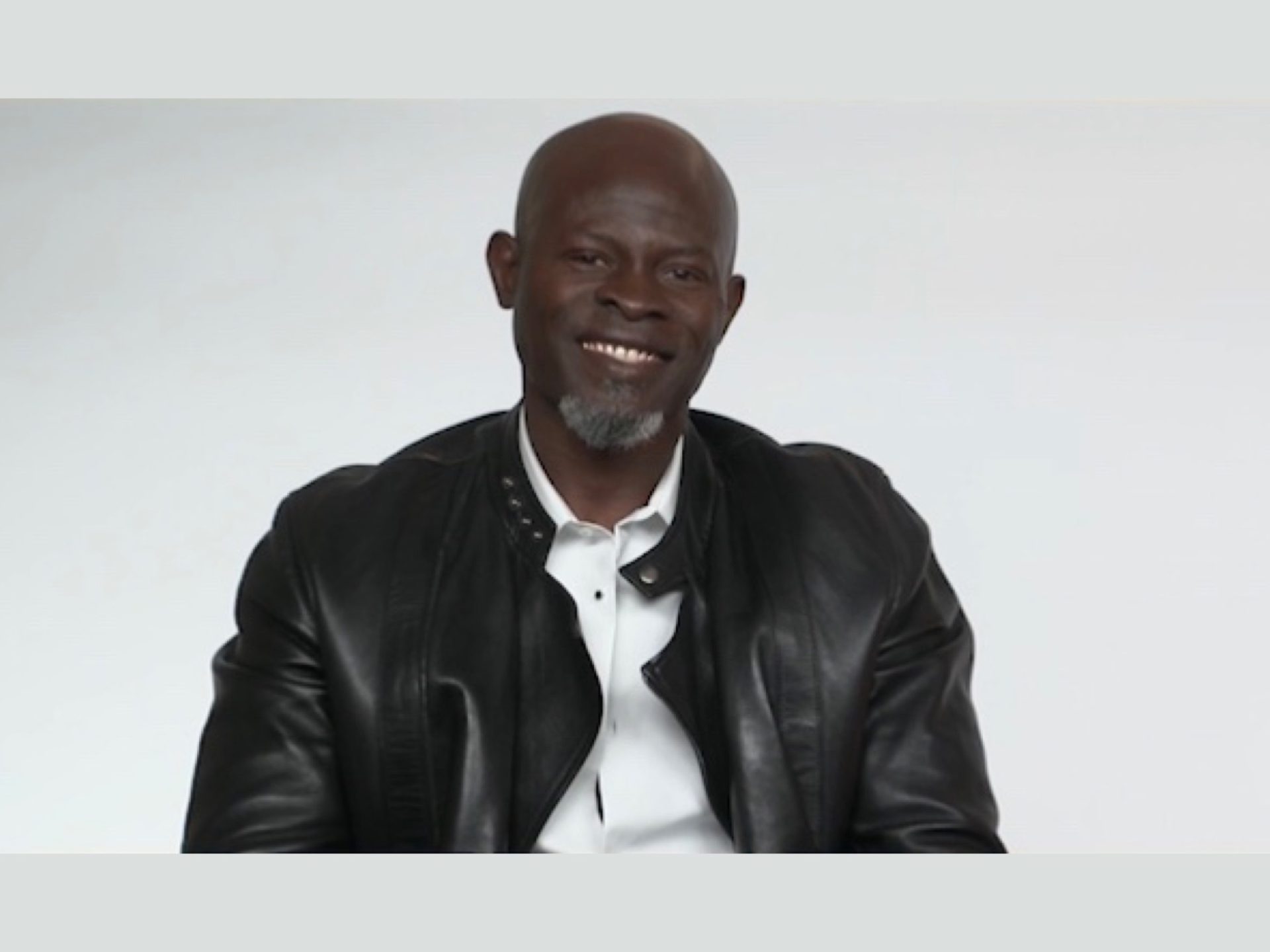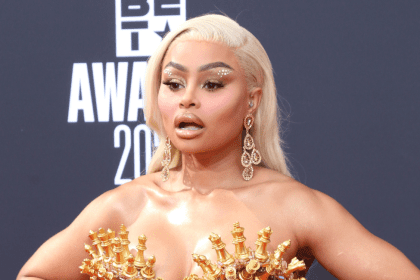 On Aug. 16, Yahoo Sports published an article alleging that booster Nevin Shapiro illegally provided money, material goods and sex parties to football players at the University of Miami from 2002 until 2010. It appears Yahoo Sports did extensive research to back up Shapiro’s claim. However, the news should not be shocking.
On Aug. 16, Yahoo Sports published an article alleging that booster Nevin Shapiro illegally provided money, material goods and sex parties to football players at the University of Miami from 2002 until 2010. It appears Yahoo Sports did extensive research to back up Shapiro’s claim. However, the news should not be shocking.
For years, there has been a pattern in collegiate sports of illegal activity in regard to players receiving financial benefits. The NCAA attempts to strike fear by punishing the institutions and stripping prestigious awards once illegal activities surface. If the investigation of Shapiro proves the allegations are true, the NCAA will punish the University of Miami severely.
However, mischievous behavior will continue unless an extreme change is implemented in college sports. The only way to discourage college players from accepting money is to take money out of the equation. Here a few ways to recapture the innocence of college sports.
The NCAA must eliminate big TV contracts:
The NCAA recently secured a 14-year deal with CBS/Turner for post-season basketball coverage worth $6 billion. With that kind of money, the average college athletic scholarship can be recouped within five minutes of play. College athletes are amateurs, so there shouldn’t be a need for major TV networks to exploit young talent by showcasing it on TV each week for profit.
College coaches can no longer sign multimillion dollar contracts:
Since college is all about academia, college coaches should get paid on the same pay scale as college professors. That means Nick Saban, Mike Krzyzewski, and Urban Meyer should all make between $40,000 to $90,000 per year. And besides, it’s easier to teach an athlete how to throw a touchdown than it is to teach the average student Math 55.
The ticket prices on all college games should be affordable for college students:
Ticket prices for the 2011 University of Florida vs. Florida State game are currently as high as $300. But tickets for college football games should not be higher than $30. Are college athletes playing to entertain their peers, or well-off middle-aged adults?
Contracts with apparel companies must have a cap:
The University of Alabama recently signed a $30 million contract with Nike and Notre Dame signed a $60 million deal with adidas. In turn, the college athletic departments have basically made their players walking billboards for shoe companies. Eliminate the big contracts and allow apparel companies to only cover the cost of supplying equipment. Also, the jerseys of current college players should not be offered for sale.
In any business where a large amount of money is being exchanged, most who are involved will seek some type of financial benefit. Big corporations are pumping billions of dollars into college athletics as the NCAA continues to lie to itself. It’s time for the NCAA to wake up and realize that college athletics is no longer a place for amateurs. The players must be given a piece of the billions that they have earned through quarterly stipends and trust funds that are available after graduation. If not, the NCAA should be forced by the U.S. Congress to eliminate the big money machine altogether. –amir shaw

















